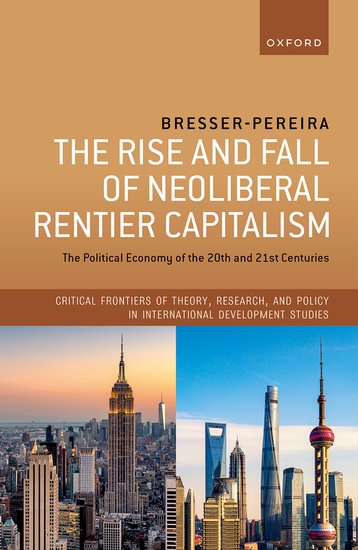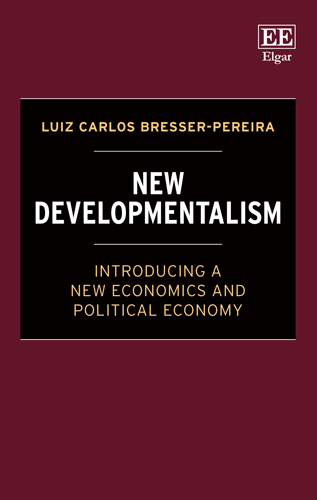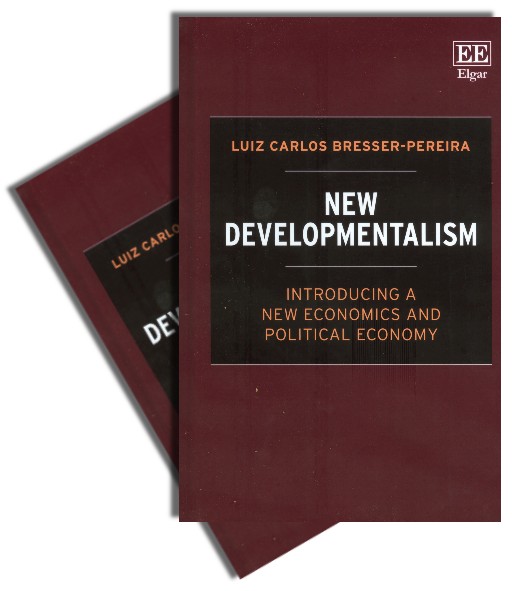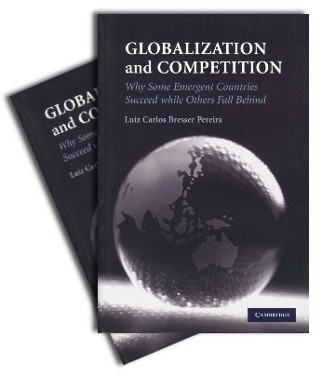



SAIBA MAIS
juros e câmbio, para o investimento privado, e aumento do investimento público
Projeto Nacional Contra a Quase-Estagnação:
Luiz Carlos Bresser-Pereira
LIVRO
................................................................................


SAIBA MAIS
The Political Economy of the 20th and 21st Centuries
The Rise and Fall of Neoliberal Rentier Capitalism
Bresser-Pereira
LIVRO
................................................................................


SAIBA MAIS
Introduzindo uma Nova Teoria Econômica e Economia Política
Novo Desenvolvimentismo
Luiz Carlos Bresser-Pereira
LIVRO
................................................................................


SAIBA MAIS
Introducing a New Economics and Political Economy
New Developmentalism
Luiz Carlos Bresser-Pereira
LIVRO
................................................................................

Lançamento da frente parlamentar mista em
defesa da soberania nacional, ex-ministros
Bresser Pereira e Celso Amorim








Also in English

Also in Portuguese, French and Spanish




Also in Portuguese




























